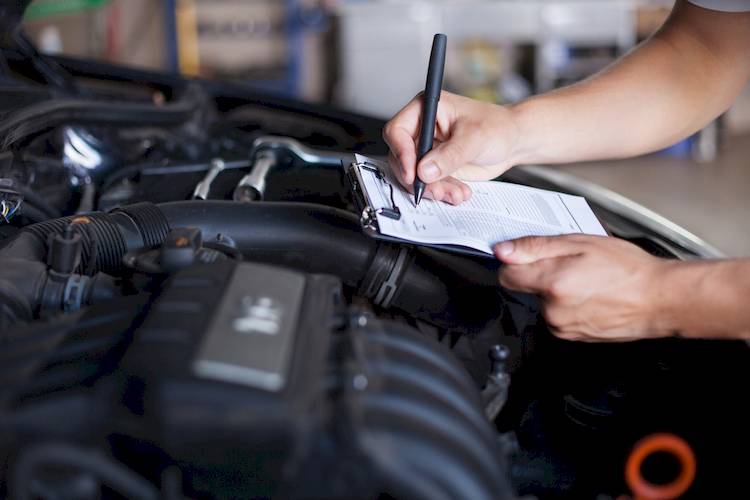

The state of Georgia does not require motor vehicles to pass a vehicle safety inspection; only the city of Atlanta and certain counties require emissions inspections through the Clean Air Force. Inspection certifications for mechanics wishing to become a qualified emissions inspector are awarded by the state, and can offer those seeking an automotive technician job an excellent way to build their resume.
Georgia motor vehicle inspection licensing
In order to qualify as an inspector within the state of Georgia, an automotive service technician must have the following qualifications:
They must be employed by a licensed emissions inspection station.
They must submit an application, along with the appropriate forms of identification, to the Clean Air Force.
They must attend a two-day training course held by the Clean Air Force, located in either Northern or Central Georgia.
They must pass a written examination with a score of at least 80%, as well as complete an equipment training segment.
Training manuals, practice exams, and other information can be downloaded on the Clean Air Force website.
Georgia vehicle inspector salary
Becoming a certified vehicle inspector can be a great way to build an automotive service technician career; but one of the things that many mechanics wish to know is how a certification may change their auto mechanic salary options. According to Salary Expert, the average annual salary for a smog technician in Georgia is $22,929.
Georgia inspection requirements
Vehicles that were manufactured between 1992 and 2013 (or, three years prior to the current year), that weigh less than 8,500 pounds, and are registered in either Atlanta or the following counties must receive emissions testing:
- Cherokee
- Clayton
- Cobb
- Coweta
- DeKalb
- Douglas
- Fayette
- Forsyth
- Fulton
- Gwinnett
- Henry
- Paulding
- Rockdale
Vehicles must be inspected every year during the registration process. Testing can take place up to six weeks before registration.
Georgia emissions test procedures
During an emissions test, an automotive service technician will perform three tests:
An OBD test, to check the emissions control performance history. This explains if the vehicle meets emissions standards during normal operation.
A fuel cap inspection, to ensure that no fuel vapors are escaping.
A visual inspection to check for tampering or removal of the catalytic converter.
If the vehicle is older than 1995, it will also receive a TSI test, which takes the place of the OBD test.
If you’re already a certified mechanic and you’re interested in working with YourMechanic, submit an online application for an opportunity to become a mobile mechanic.



